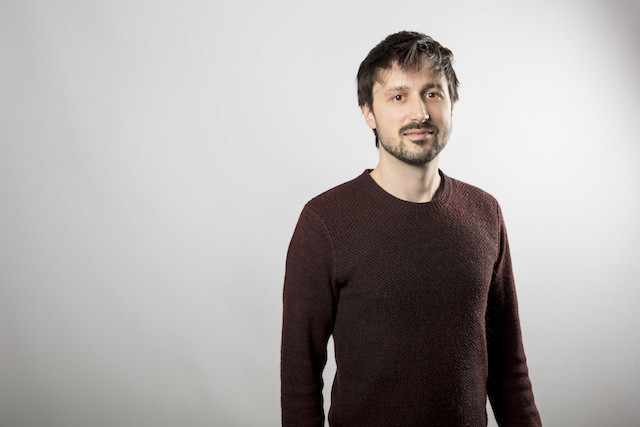Jess Bauldry: What led you to begin studying Chinese?
Jauffrey Bareille: I come from France. I started to learn Chinese in secondary school as a second foreign language after English. I think the word to begin with was curiosity. I felt it was something different, linguistically speaking. At this time there weren’t so many Chinese classes.
After completing a bachelors in English and Chinese as a foreign language applied to international business, I took a masters in Angers in tourism and management applied to the Chinese market. Within that framework, I’ve been to China several times to study. The first time it was a little bit of a culture shock because it’s quite different, but it was a really good experience. At the end of my studies I worked at the Confucius Institute in Angers and joined the team as pedagogical and culture officer where I stayed more than six years.
JB: Why was the decision taken to open an institute in Luxembourg?
JaB: There are more than 500 Confucius Institutes in more than 140 countries now. We will have a team of five, including myself at the Confucius Institute at the University of Luxembourg. We will have a Chinese co-director from Confucius Institute’s partner university, Fudan in Shanghai, assigned by the education ministry (Hanban), an assistant and two Chinese teaching staff. After that we could probably have more teachers.
I think in Luxembourg there’s a growing interest among the general public in Chinese language and culture. Bilateral relations between Luxembourg and China are stronger than ever: last year saw the 45th anniversary of diplomatic relations between the two countries. In this context the Confucius Institute has a role to play in the pursuit of this development.
JB: What will be taught there?
JaB: We plan to start courses at the beginning of the academic year, around September 2018. The Confucius Institute will initially run beginners’ Chinese language courses for the students of the university and the staff as well as the general public. Shortly after we plan to give some language and intercultural training programmes for professional workers. The language courses after that will develop to include additional levels. Next year we are not sure if it’s possible, but I would like to become the official exam centre for the HSK, the international standardised test of Chinese language proficiency. Also the BCT, the same kind of exam but for business. This would give learners the opportunity to do an assessment of their Chinese skills.
JB: What are the short- and mid-term goals of the institute?
JaB: One of the goals of the Confucius Institute is to offer scholarship programmes, a conference cycle and a range of cultural events, in collaboration with schools, associations and other European organisations. At the end, the global aim is to become a bridge in China and Luxembourg relations by offering this variety or programmes and courses.
JB: How is the institute financed?
JaB: The Confucius Institute is funded equally by Hanban, the Chinese national office for teaching Chinese as a foreign language, which is part of the [Chinese] ministry of education. It’s equally funded by Hanban and the host institute, the University of Luxembourg. It’s a partnership between the education ministry, the University of Fudan in Shanghai and the local host institution.
JB: How independent is the institute from the Chinese State?
JaB: In the same way as the French Alliance, the Goethe Institute and the British Council, the role of the Confucius Institute is to promote Chinese language and culture. For the financial part, the Chinese State pays half. On the operational side, the activities of the Confucius Institute are governed by a local board of trustees. We make the materials and pedagogic resources ourselves or we get them from China. We have to report the pedagogical activities to the board of trustees. We will have five members, a mix of people working in Luxembourg and Chinese people.
